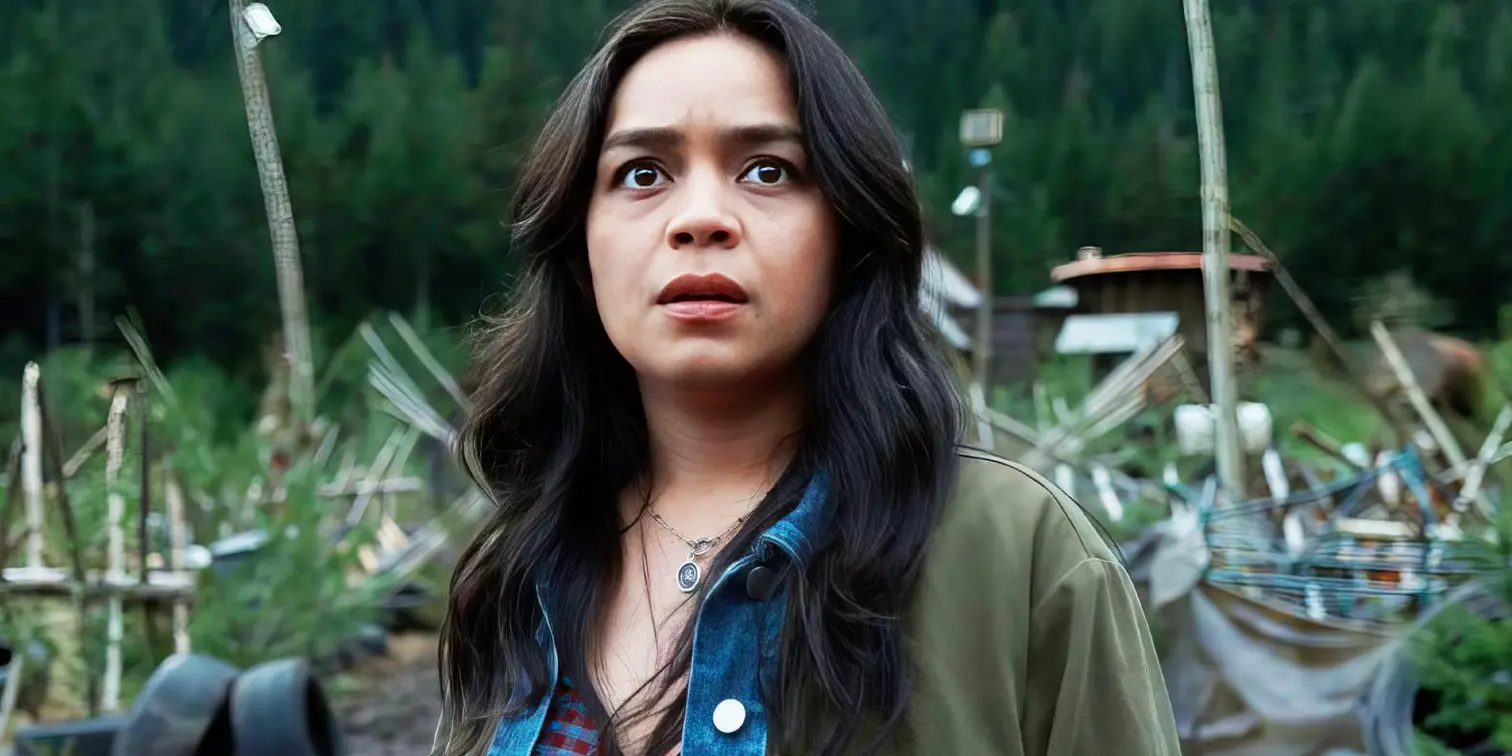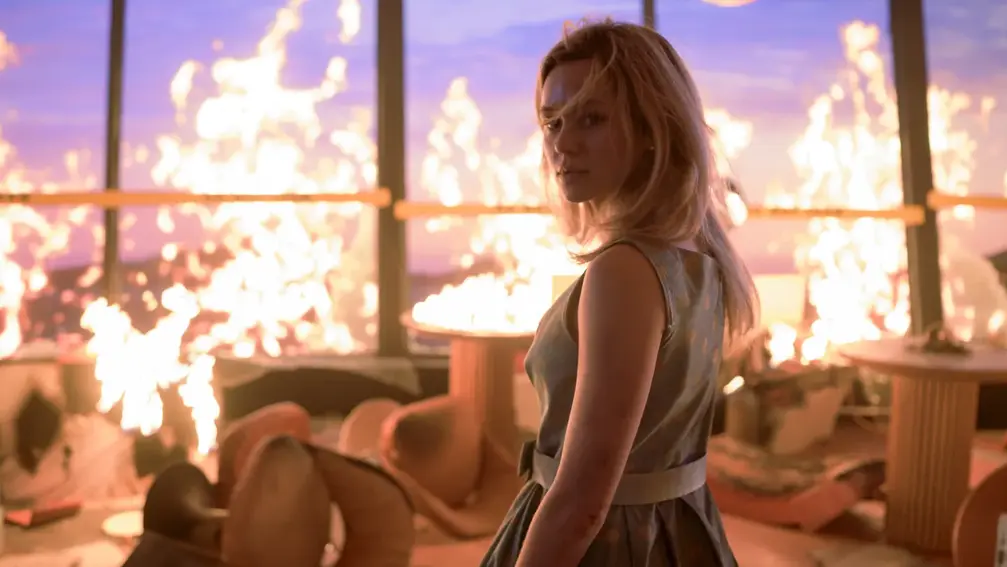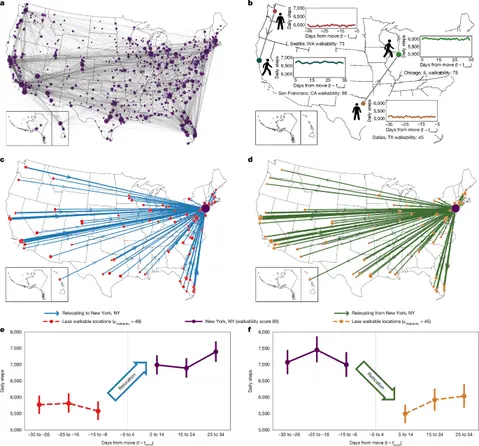T4K3.news
Final Destination 7 update
Lori Evans Taylor signs on to write the next chapter after Bloodlines success.

Co writer Lori Evans Taylor signs on to pen the seventh Final Destination after Bloodlines success.
Final Destination 7 gains Lori Evans Taylor as writer
Bloodlines opened with a franchise best 51 million at the domestic box office this May and has surpassed 285 million worldwide. The film helped lift New Line’s horror slate and push the franchise past 983 million in global earnings, making it the studio’s third biggest horror run after The Conjuring and It.
Taylor joins the project to write Final Destination 7, with Craig Perry, Sheila Hanahan Taylor, Jon Watts, Dianne McGunigle and Toby Emmerich returning to produce and Warren Zide serving as executive producer. The movie will be directed by Zach Lipovsky and Adam Stein, from a story by Watts and a screenplay co written by Taylor and Guy Busick. Bloodlines also marks a partial prequel, tracing a 1969 incident that expands the series timelines while keeping the familiar premise of a fatal sequence triggered by foreseen catastrophe.
Key Takeaways
"That's why this franchise is weirdly evergreen, because we don't have necessarily continuing characters, so you can jump around."
Perry explains franchise flexibility
"And the whole point of it is that it's relatable, they're in environments and situations that you might find yourself in."
Perry on audience connection
"That's one of the things that Jon Watts, by bringing in the idea of starting in the 60s and jumping forward 50 years, I think has liberated us creatively to be able to go to a lot of different places in time and to make connections that we wouldn't have been able to do otherwise."
Perry on Watts influence
"And the expansion, that satellite view of the plan, I think is going to hopefully allow us an opportunity in the future to have even more interesting and creative deaths for the fans to enjoy."
Perry on future creative scope
The Bloodlines box office shows why studios keep re engaging this franchise: reliable audience loyalty and the lure of fresh setup ideas. By anchoring a prequel in the late 1960s and using a time jumping approach, the team can explore new deaths, new locales and new logic without being tied to recurring characters. That flexibility, openly discussed by Perry, could keep the series mobile across eras and audiences.
Yet momentum in horror has its limits. Even with a strong opener, the risk is fatigue if the death sequences feel repetitive or if the cast remains largely unseen. The creative gamble rests on expanding the lore while maintaining the high concept that fans expect. With an expanded slate and a writer known for atmospheric tension, Final Destination 7 has room to surprise, but it will need distinct set pieces and tighter storytelling to sustain interest beyond the initial thrill.
Highlights
- The franchise stays evergreen because you can jump around in time
- Relatability comes from environments fans recognize
- Starting in the 60s and leaping forward liberates us creatively
- The satellite view of the plan opens space for bolder deaths
The next chapter will test how far the death countdown can be stretched across time and tone.
Enjoyed this? Let your friends know!
Related News

Gamescom Opening Night Live rounds up big trailers

Final Destination Bloodlines opens with record box office

Nintendo Switch 2 invites are now available

Thames Water contingency plans approved

tvOS 26 beta 7 released for Apple TV 4K

Final Destination 7 advances with Bloodlines co writer

Walkable cities lift daily activity

Gamescom 2025 ONL set for big reveals
